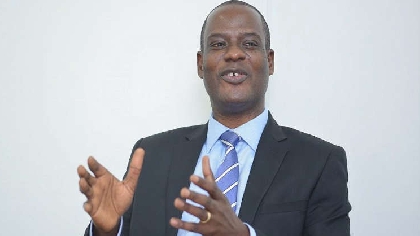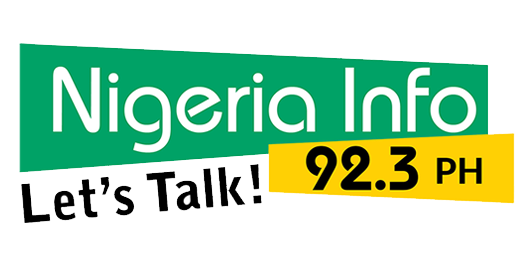
Starting January 1, 2026, Nigeria’s new tax laws will bring 50 reliefs and exemptions aimed at easing the burden on workers, small businesses, and startups.
The announcement came from Taiwo Oyedele, Chairman of the Presidential Fiscal Policy and Tax Reforms Committee, who called the changes “good news for the masses.”
Here’s what Nigerians need to know:
Personal Income Tax / PAYE — who will not pay income tax
These are waivers for people earning very low salaries or on the national minimum wage.
1. People earning minimum wage or less — exempt
2. People earning up to ₦1.2m per year — exempt
3. People earning up to ₦20m per year get tax relief
4. Gifts you receive are not taxed
Deductions that reduce your tax — money, the government allows you to minus before calculating PAYE
These are expenses government will accept so your taxable income becomes lower.
5. Pension contribution
6. NHIS health contributions
7. National Housing Fund contributions
8. Interests paid on home ownership loan
9. Money paid into life insurance / annuity
10. Rent relief up to ₦500,000 (20% of rent)
Pension and retirement money — not taxed
These apply to retirees and people receiving end-of-service payments.
11. Pension funds and assets
12. Pension, gratuity and retirement benefits
13. Compensation for losing your job up to ₦50m
Capital Gains Tax (CGT) — when you sell property or assets
Government will not tax some specific kinds of sales.
14. Sale of your personal home
15. Personal items up to ₦5m
16. Sale of up to two private cars yearly
17. Gains on small share transactions under ₦150m / ₦10m
18. Tax is waived if you reinvest the share gains
19. Pension funds, charities, religious orgs (if non-commercial)
Companies Income Tax — small businesses protected
Government is lowering or removing tax to encourage job creation and growth.
20. Small companies with ≤ ₦100m turnover — no CIT
21. Labelled startups — exempt
22. Employers who raise salaries for low-income workers get extra deduction
23. Employers who hire and retain new workers for 3 years get deduction
24. Agric companies get 5-year tax holiday
25. Venture investors in labelled startups — exempt
Development Levy — not for small companies
26. Small businesses do not pay this levy
Withholding Tax — reduced burden for small firms
WHT removed to improve cashflow.
27. Small companies, manufacturers, agric — exempt on income
28. Small companies also exempt on payments made to suppliers
VAT — zero VAT on basic needs
Government is keeping essential goods zero-rated or exempt.
29. Basic food items — VAT-free
30. House rent — VAT-free
31. Education — zero VAT
32. Health services — exempt
33. Pharmaceuticals — zero VAT
34. Small companies ≤ ₦100m turnover do not charge VAT
35. Diesel, petrol, solar equipment — VAT waived
36. You can claim VAT refund on capital items for production
37. Agric inputs — fertiliser, seeds, feeds, live animals — exempt
38. Agric equipment hire — exempt
39. Disability aids e.g. wheelchairs — exempt
40. Bus transport (shared public road transport) — exempt
41. Electric vehicles & parts — exempt
42. Humanitarian relief items — exempt
43. Baby products — exempt
44. Sanitary pads & tampons — exempt
45. Buying/selling land & buildings — VAT-free
Stamp Duty — charges removed on small transfers
Government is removing stamp duty on small transfers and some financial documents.
46. Electronic transfers below ₦10,000 — exempt
47. Salary payments — exempt
48. Transfers within the same bank — exempt
49. Transfer of government securities / shares — exempt
50. Documents for transfer of shares — exempt
The government says these reforms aim to make Nigeria’s tax system fairer, simpler, and more inclusive, while encouraging compliance and boosting economic growth.
Oyedele also encouraged Nigerians to share verified information about the reforms and nominate content creators who help educate the public. Only 20 content creators will be selected, with nominations open until November 9.
“Misinformation spreads fast, often to the author’s benefit but to the audience’s loss,” Oyedele said. “Accurate information may travel slower, but it empowers everyone and earns lasting trust.”


